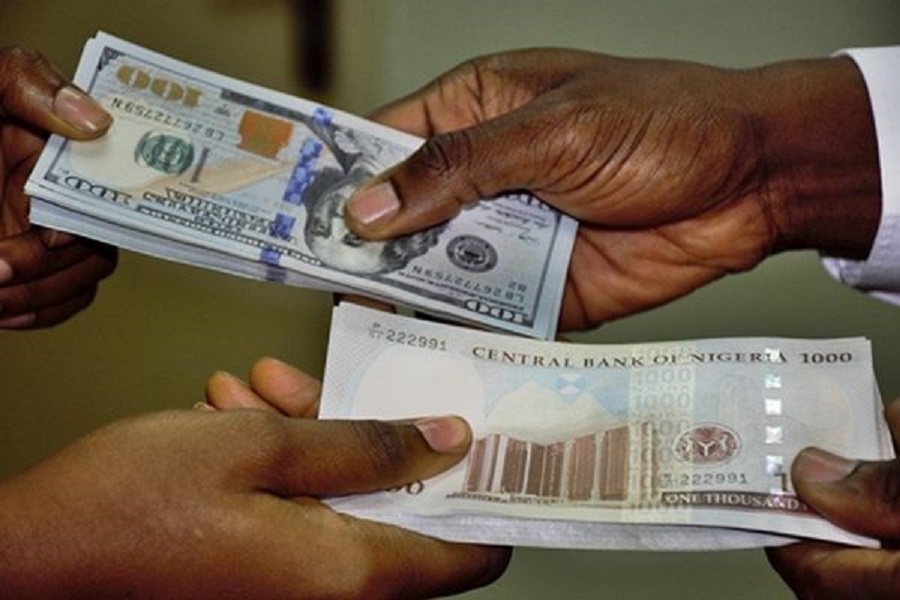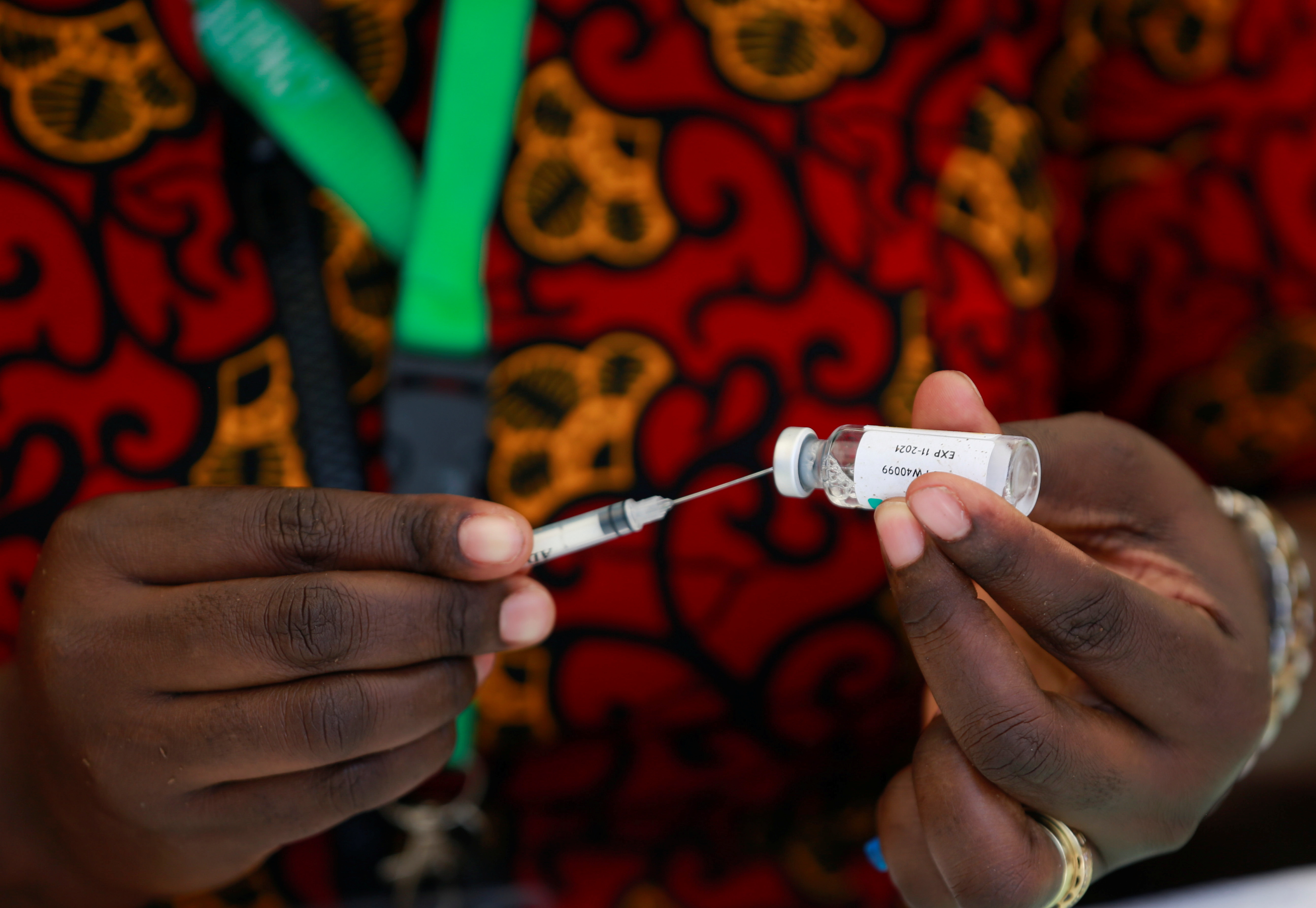Following the crises posed by the coronavirus to the world economy, the Federal Government has suspended the $22.7bn external borrowing plan.
The Minister of Finance and National Planning, Zainab Ahmed disclosed this on Monday during the year 2020 International Conference on the Nigeria Commodity Market organised by the Security and Exchange Commission (SEC), in Abuja.
Ahmed said the decision to abort the plan was taken due to the current realities being faced by the global economic space.
The breakout of the deadly coronavirus that hit China which has become pervasive and is gradually affecting every corner of the globe have thrown the global economy off balance coupled with the price of the crude oil nose-diving by the day is threatening.
Nigeria being a mono-economy which is mostly the oil-dependent coupled with the extraordinary plunging of the crude oil price in the world market has made the year 2020 budget unrealistic as the bench march for the budget was put at $57 per barrel.
The Minister said the Federal Government has to retrace its step, even if the National Assembly approved the borrowing; it is likely that the government cannot go ahead with the plan.
In her statement, “The current market indices do not support any external borrowings at the moment, despite that the parliament is still doing its work on the borrowing plan.
“One arm of the parliament has completed their work, and the other arm is still working. So, it is a process controlled entirely by the parliament itself. We are waiting,”
Vigil360 had earlier reported that the borrowing plan was approved by the Senate while the House of Reps were still deliberating on it.
However, the Minister revealed that with the current realities, the government has to look for perfect timing but not now when the global economy is at its lowest ebb.
She said the current challenges in the global economy, have brought to the fore the need for Nigeria to focus more of its attention on the development of a non-oil sector a means of diversifying the government income.
Ahmed said from now henceforth, the government would prioritize its expenditure in favour of major capital expenditures that would have a greater impact on job creation, visibility as well as enhance the ease of doing business in the country.
She explained “The expenditures that are not critical must be deferred to a later date when things would be normalised.
“Several national plans, programmes and projects have been directed at diversifying the production and revenue structures of the economy,”
In his remarks during the event, Vice President Yemi Osinbajo said the government was taking deliberate steps towards developing the Nigerian commodities market as its major driver for economic diversification.
He said, there is a need for the government to develop other channels of generating revenue and foreign exchange.
“This need is further underscored by the recent drop in the global price of crude oil, which also constitutes a major threat to achieving the planned government expenditure,” Osinbajo added.
He further explained there are other initiatives towards mapping, quantifying and efficiently exploring the nation’s solid minerals deposits.
The acting Director-General of SEC, Mary Uduk, said the country was well endowed with agricultural, metal and energy commodities, whose potentials are not yet realised.
Uduk revealed the good news was that the capital market could provide an avenue to unlock these potentials and diversify the nation’s economy, provide jobs, create value and contribute to governments’ revenue.





















